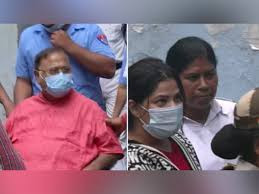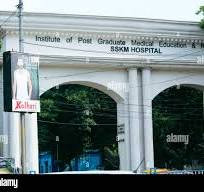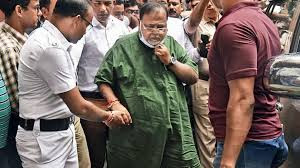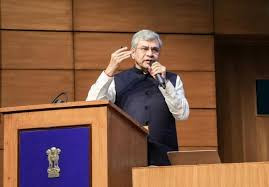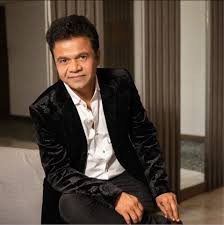Congress and ISF Extend Support to CPI(M)’s Brigade Parade Rally in Kolkata
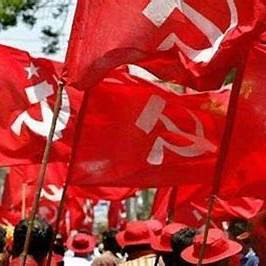
IIE DIGITAL DESK : Political development in West Bengal, the Congress and the Indian Secular Front (ISF) have expressed their support for the Communist Party of India (Marxist) [CPI(M)]’s mega rally held at Kolkata’s Brigade Parade Grounds on Sunday. This alliance marks a notable shift in the state's political landscape, as these parties come together to challenge the dominance of the Trinamool Congress (TMC) and the Bharatiya Janata Party (BJP).The Brigade Parade rally, organized by CPI(M)’s frontal organizations, drew a massive crowd, signaling the Left's intent to regain its influence in West Bengal politics. The presence of Congress and ISF leaders at the rally underscored the growing opposition unity against the ruling TMC and the BJP.
Congress leader Adhir Ranjan Chowdhury, while acknowledging past differences with the Left, emphasized the secular credentials of CPI(M). He stated, “We may have many differences with them in terms of politics and ideology... but they don’t do politics with religion.” His statement reflects a strategic alignment based on shared secular values, aiming to present a united front against communal politics.
ISF MLA Naushad Siddique also voiced his support, describing the rally as a gathering of hardworking people and expressing his wish for its success. His endorsement highlights the ISF's commitment to secular and inclusive politics, aligning with CPI(M) to challenge the current political establishment.
The TMC and BJP have downplayed the significance of the rally. TMC spokesperson Kunal Ghosh dismissed the event, alleging that many attendees were BJP supporters, thus questioning the rally's authenticity. Similarly, BJP leaders have attempted to marginalize the Left-Congress-ISF alliance, asserting that the real contest is between the BJP and TMC.
These reactions from the ruling parties indicate their concern over the emerging opposition unity, which could potentially alter the political dynamics in West Bengal.The support from Congress and ISF to CPI(M)’s rally signifies a potential realignment in West Bengal's political arena. By coming together, these parties aim to present an alternative to the existing political narratives dominated by TMC and BJP. This collaboration could pave the way for a more inclusive and secular political discourse in the state.
As the political landscape in West Bengal continues to evolve, the success of this alliance will depend on its ability to consolidate support across various communities and address the concerns of the electorate effectively. The coming months will be crucial in determining the impact of this opposition unity on the state's political future.
You might also like!



